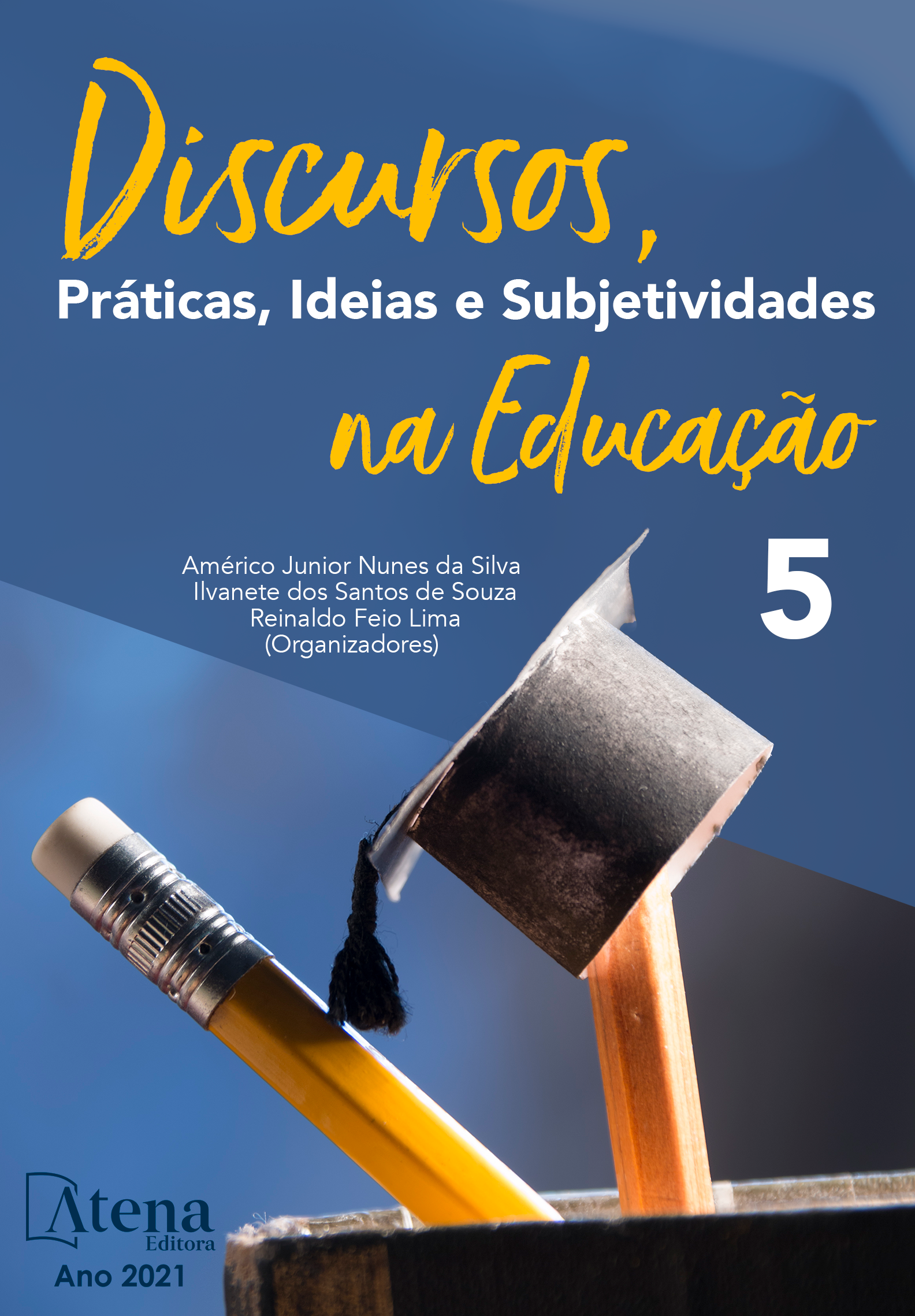
TRADUÇÃO PARA A LIBRAS DAS VARIAÇÕES LINGUÍSTICAS DA LÍNGUA PORTUGUESA EM FEIRAS LIVRES EM CASTANHAL-PA
As variações linguísticas demonstram as heranças culturais, as riquezas e a identidade do povo brasileiro. A classe social, idade, sexo e contexto social são determinantes nesse processo. O objetivo deste estudo foi demonstrar as principais variações linguísticas em feiras livres, e desta forma, propor uma alternativa de ensino-aprendizado bilíngue dessas variações ao abordá-las na Língua portuguesa e na Língua Brasileira de Sinais (Libras), tendo como base os conhecimentos tradicionais relacionados à produção e ao trabalho nas feiras livres em castanhal-PA. A pesquisa consistiu em visitações as feiras no período de agosto (2018) a junho (2019), com observações, interações e anotações para posterior análise dos principais termos utilizados na linguagem verbal dos agricultores da AFEPRUC e dos agricultores/vendedores da Feira da Ceasa. Foram registrados 8 termos e partir da análise dos significados realizouse as traduções em Libras dos termos. Diante disso, é importante traçar estratégias de ensino-aprendizado que se encaixem de forma transversal na realidade das pessoas que vivem nesse contexto, portanto, valorizar a diversidade linguística e suas variações é uma forma de abrir margem para inserção da interdisciplinaridade.
TRADUÇÃO PARA A LIBRAS DAS VARIAÇÕES LINGUÍSTICAS DA LÍNGUA PORTUGUESA EM FEIRAS LIVRES EM CASTANHAL-PA
-
DOI: 10.22533/at.ed.2752128047
-
Palavras-chave: Agricultura, feira, Linguagem, Surdo
-
Keywords: Agriculture, market, Language, Deaf
-
Abstract:
Linguistic variations demonstrate the riches, cultural heritages and identity of Brazilian people. Factors such as social class, age, gender and social context are decisive in this process. The aim of this study was to demonstrate the main linguistic variations in street markets, and thus, to propose a bilingual teaching learning alternative of these variations when addressing them in the Portuguese Language and in the Brazilian Sign Language (LIBRAS), based on the traditional knowledge related to production and labor in street markets in Castanhal-PA. The research are consisted of visits to the markets in the period from August (2018) to June (2019), with observations, interactions and notes for further analysis of the main terms used in the verbal language of AFEPRUC farmers and farmers/sellers of Feira da Ceasa. Were recorded 8 terms and from the analysis of meanings, the terms were translated into LIBRAS. That said, it is important to outline teaching-learning strategies that fit transversally in the reality of the people who live in this context, therefore, valuing linguistic diversity and its variations is a way to opening a margin for the insertion of interdisciplinarity
-
Número de páginas: 13
- Suzana Mourão Gomes
- Geovana Tavares Fagundes
- Ivanilton Ferreira
- Emilia do Socorro Conceição de Lima Nunes
- Luizete Cordovil Ferreira da Silva
- Patrícia Ribeiro Maia
- Rafael Evangelista da Cruz


